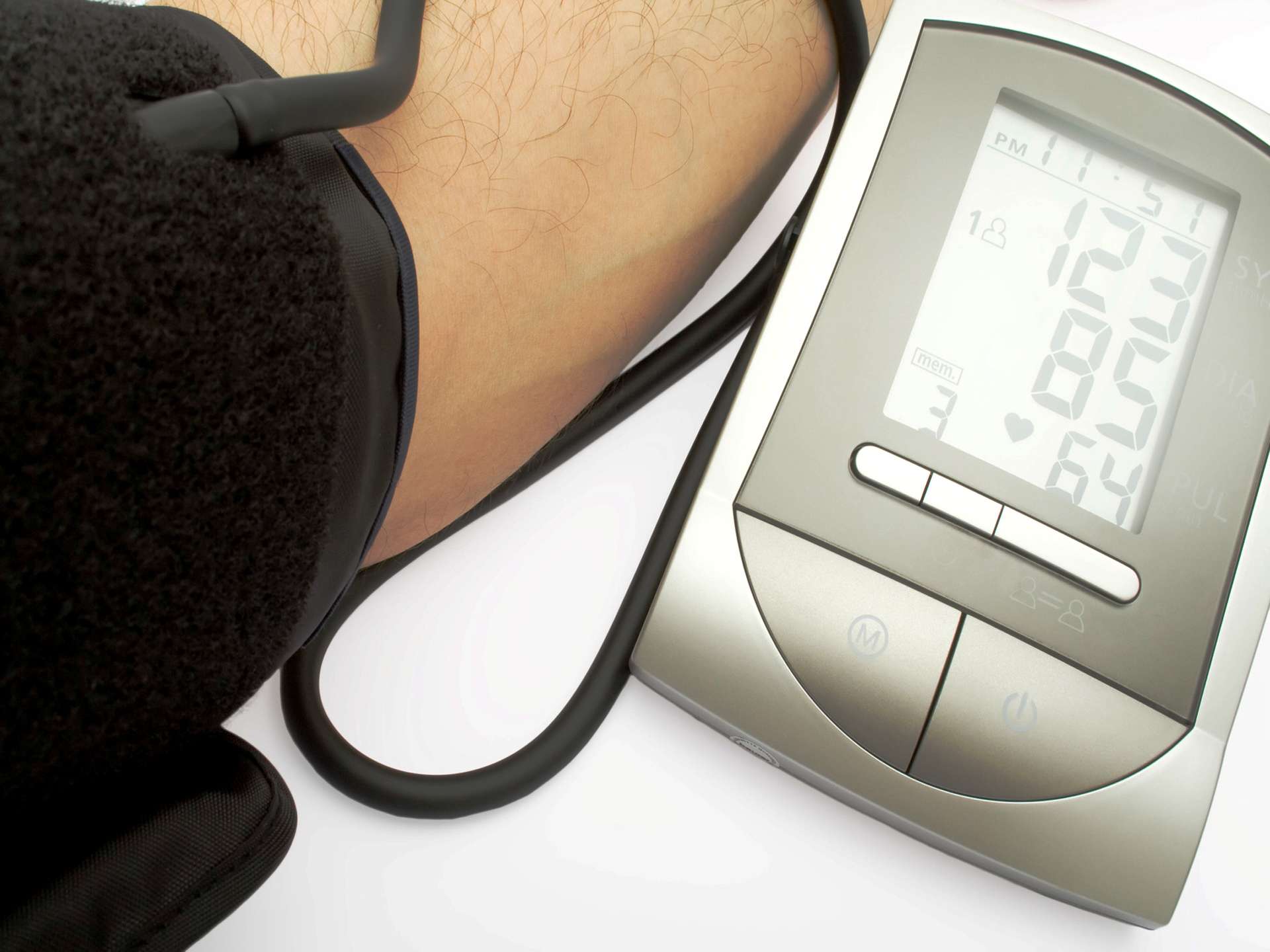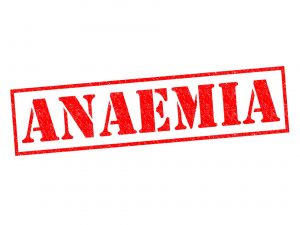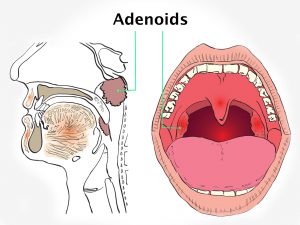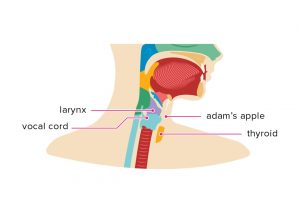High blood pressure is known to be a lifestyle disease. We have all read about how we should watch what we eat, we should get adequate physical exercise; we should be aware and proactive towards management of our health. Uncontrolled high blood pressure could cause damage to multiple organs and functioning of the systems may deteriorate, the kidney may be injured. But do you know that high blood pressure could be secondary to a kidney disease also?
Yes, the connection is two-fold. While high blood pressure can damage the kidney, a pre-existing kidney condition can also cause hypertension. Let us understand what happens in both the situations.
25000 cases of kidney disease are detected in the US every year, caused by hypertension.
Hypertension leading to kidney damage
High blood pressure simply means the blood vessels (arteries and veins) are functioning under stress. They have to work harder. This puts a strain on the blood vessels in the body. Over a time, it damages blood vessels in the kidney and the regular function of kidneys gets affected, i.e. it cannot filter the blood properly and can’t remove wastes and extra fluid from the body. Consequently, the vessels get loaded with extra fluid and this further raises the pressure in the blood flow. This begins to damage the kidneys and the vicious cycle starts. With time, this can become a chronic condition, eventually leading to kidney failure.
High blood pressure is the leading cause of kidney failure. It is also called as end-stage renal disease (ESRD).
The ways to nip the problem in the bud are simple – be alert. Have regular medical check-ups. Through routine check-ups, one can detect the abnormal blood pressure in early stages. With appropriate medication and regime, the disease shall remain controlled preventing major damage.
Secondly, get regular tests done. Blood creatinine levels and urine tests are indicators of kidney health. Presence of protein in urine and abnormal creatinine level in the blood are suggestive of trouble. See a doctor regularly and take charge of your health.
Kidney disease leading to hypertension – Renal hypertension
Here the root cause may lie in the renal blood vessels. Either it is because of atherosclerosis (hardening of the renal arteries) or due to fluid retention in the vessels. Fluid retention is caused due to dehydration. Atherosclerosis is hardening due to depositions on the arterial walls, thereby decreasing the capacity of the vessels, narrowing their diameter and increasing the pressure in the blood flow. This pressure radiates to the rest of the body and increases the systemic blood pressure. A cycle starts here too.
It is difficult to differentiate kidney-origin hypertension from primary hypertension by symptoms, since both present a similar picture of high blood pressure.
In cases of hypertension, it is advisable to get a renal cause eliminated, especially if there is known history of atherosclerosis. The treatment is by antihypertensive medicines. On occasion, surgery may be warranted to correct the narrowing of renal arteries by inserting a stent.
The benefit of living in the 21st century is the magnitude of treatment options available, be vigilant and seek medical opinion regularly.






























